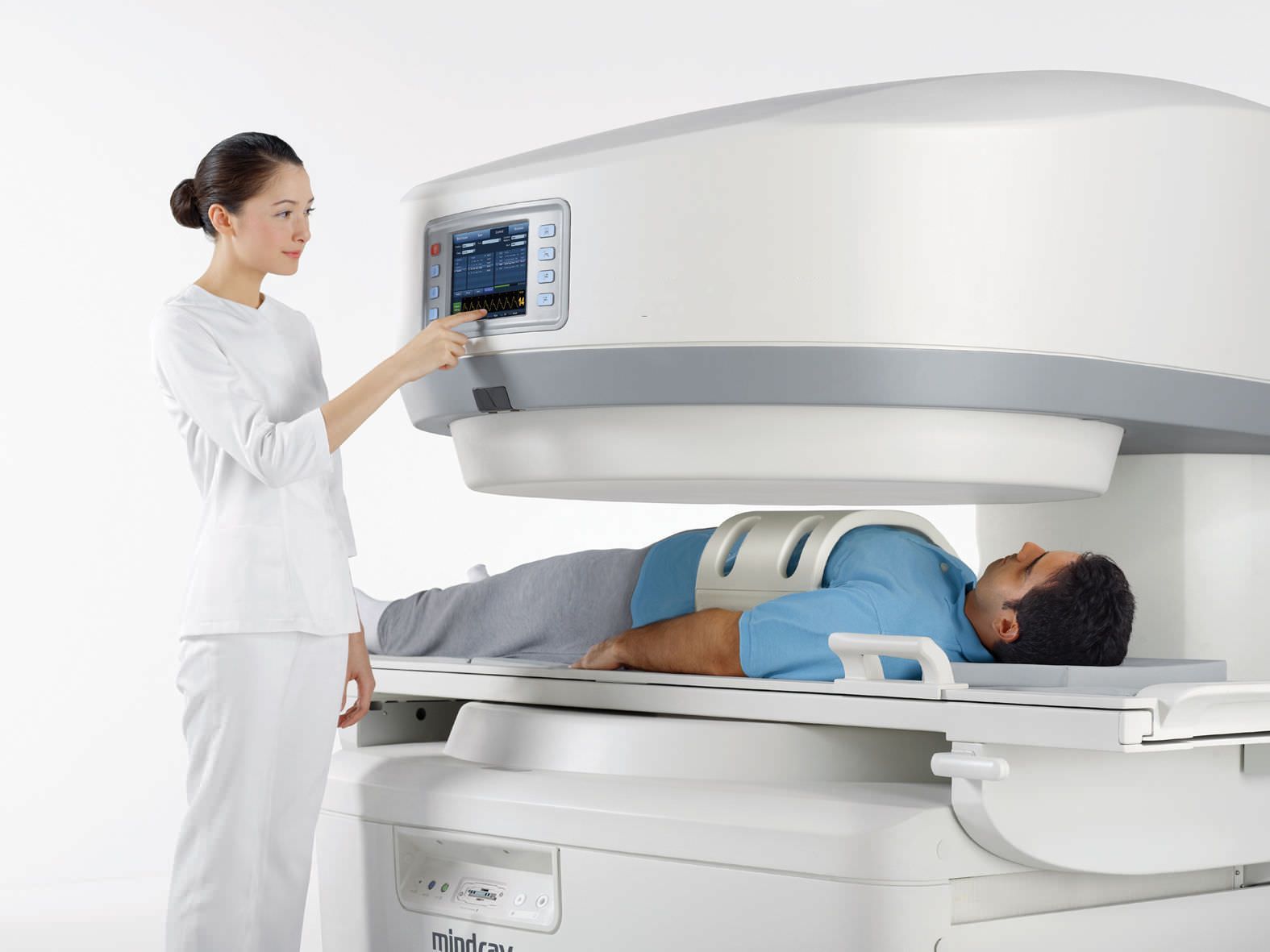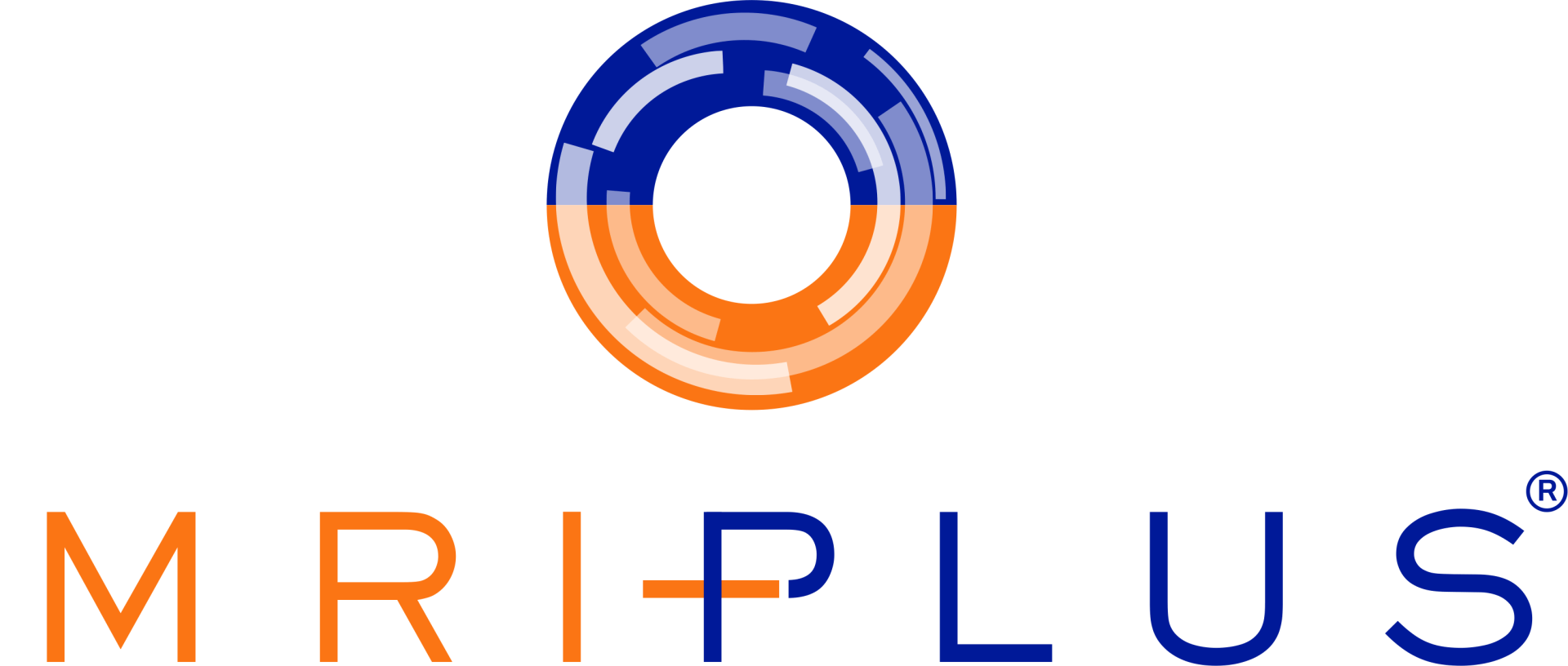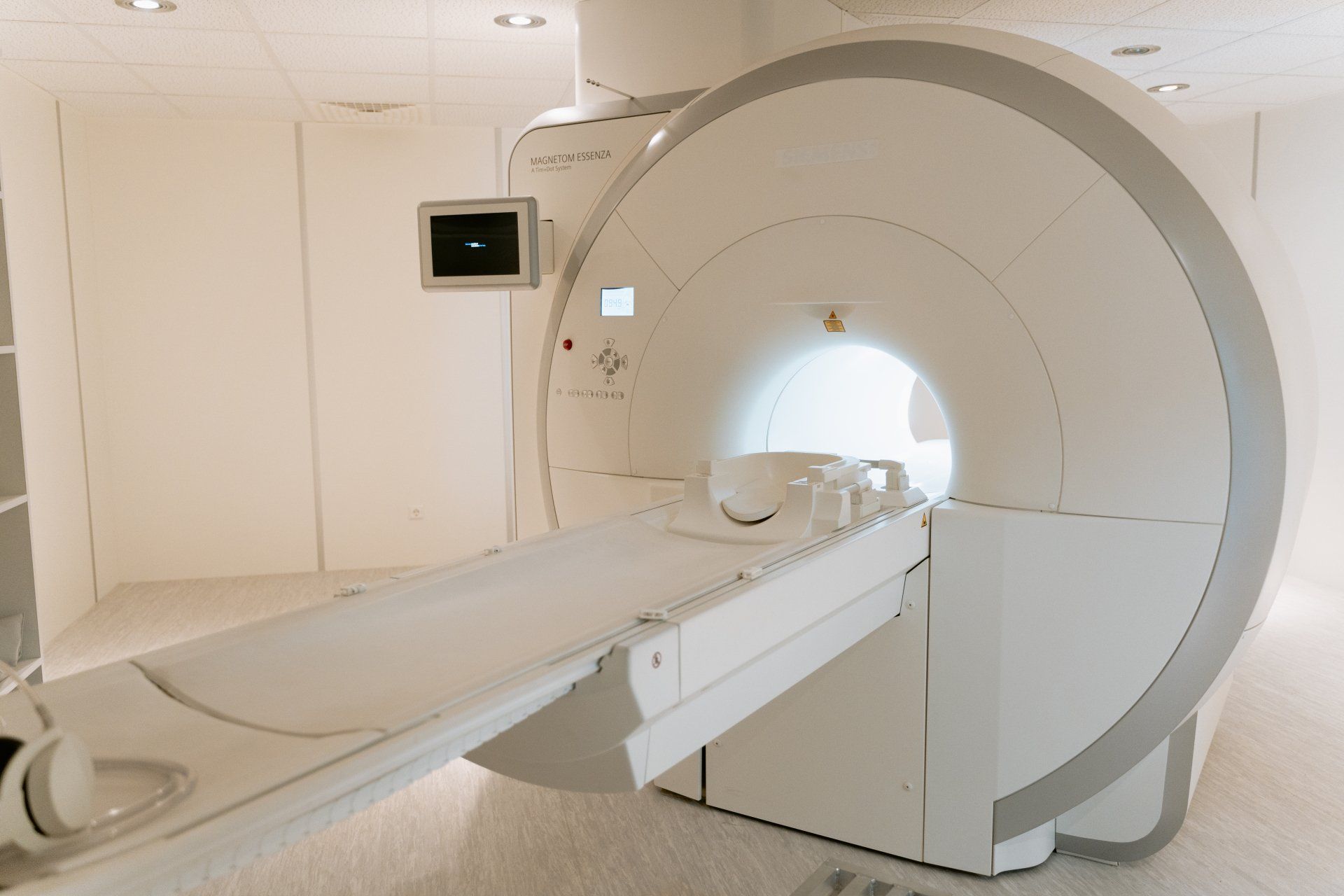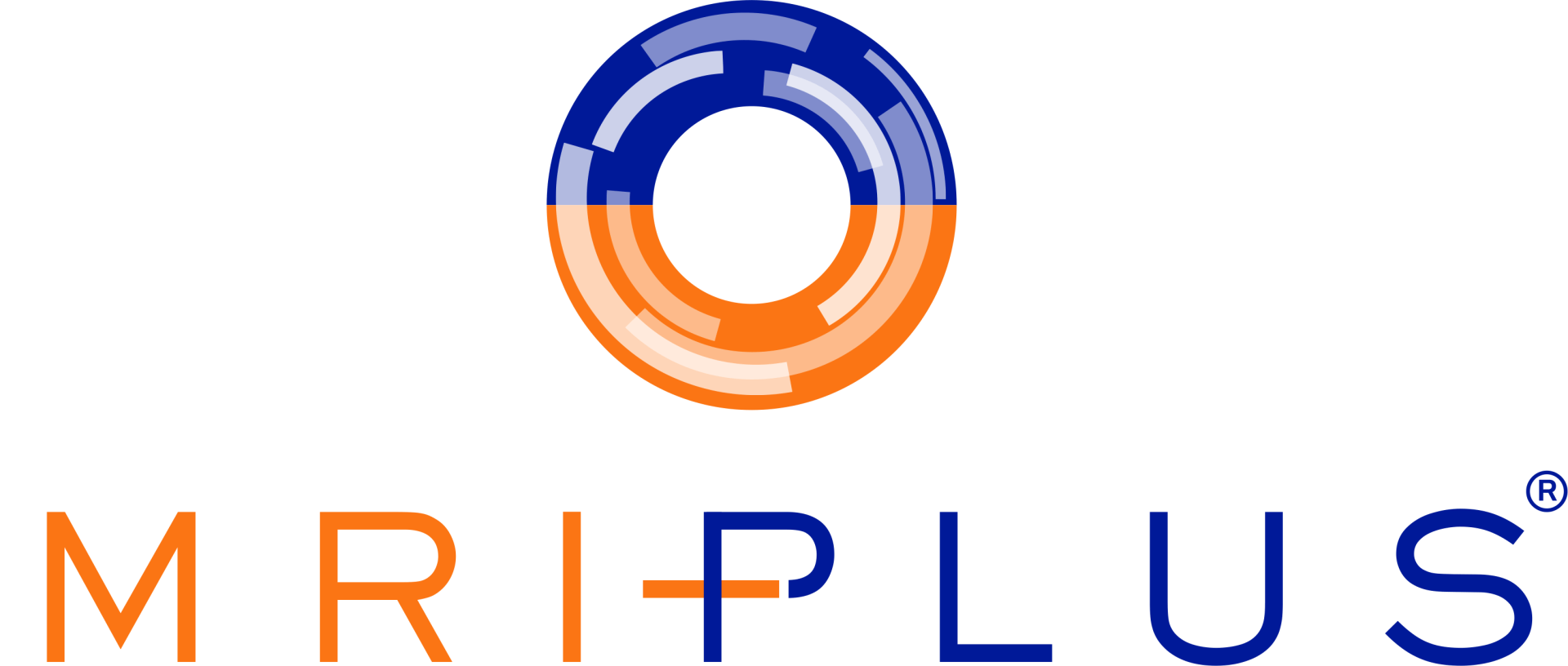Open MRI Scans for Claustrophobia
Open MRI Scans for Claustrophobia
Patients who are recommended to undergo an MRI are routinely scanned in a conventional MRI scanner unless they reveal that they are claustrophobic during the initial MRI screening. Conventional MRI machines or closed MRI scanners make a patient lie down on a flat table that is then inserted into the cylinder-shaped MRI scanner. While the entire process is non-invasive and completely painless, patients suffering from claustrophobia and other clinically-diagnosed forms of anxiety may have a tougher time going through this process. In some cases, patients may discover that they have MRI scan claustrophobia, without ever having previously experienced claustrophobic symptoms and may find it difficult to successfully complete the scan.
Under these circumstances, a healthcare provider will definitely consider other available diagnostic procedures as an alternative to MRI scan. However, when MRI scan is deemed to provide the best imaging results to support proper diagnosis, certain adjustments may be taken. Fortunately, in recent years, having an Open MRI scan seems to provide the best alternative MRI for claustrophobic patients, as well as children, and obese patients.
What Is Open MRI? How Does It Work?
An Open MRI scanner, like closed MRI scanners, uses radiowaves and powerful magnets to take cross-sectional images of the body. Both scanning techniques are non-invasive, aided by powerful computer systems and applications, and do not emit ionizing radiation (such as X-Ray or CT Imaging) that has the potential to cause harm.
Unlike conventional MRI scanners, Open MRI machines do not provide a 360-degree view of your body. Depending on the model and design, your body may be scanned using magnets that are above and below you or shaped like an arc.
Advantages And Disadvantages Of An Open MRI Scan
When you are considering an Open MRI scan, you have to be aware of its advantages and disadvantages.
Advantages:

Image Credits: encinoopenmri
1. Open MRI scanning provides comfort and convenience, especially to specific patient profiles.
In general, Open MRI scanners are still evolving. Semi-Open Scanners usually require the patient to lie down. However, the patient has direct eye-to-eye contact with the operator and other people in the room.
There are open scanners that permit scanning patients while standing, sitting, or when in either position. Some Stand up MRI and Sitting MRI scanners allow the patient to be in close proximity with another family member, which can increase the comfort and convenience of children, physically disabled patients, and the elderly.
2. Open MRI scanning produces less noise.
Compared to conventional MRI systems, patients who undergo Open MRI scans are not subjected to the same eerie mechanical sounds due to machine being less enclosed around the patient. As a result, patients tend to be anxious throughout the process.
3. Open MRI scans are more affordable than ever.
There are several factors that can affect the cost of an Open MRI exam, that includes how soon you need the results and what part of the body will be examined. In general, however, Open MRI scanners are becoming more affordable as they have become cheaper to install, easier to maintain, and the demand from patients is steadily increasing.
Disadvantages:
1. The early designs of open MRI scanners were often criticised for delivering lower quality images compared to closed MRI systems.
In many ways, this has hindered its use in its early years. It remains a fact that closed MRI scanners produce more accurate images of superior quality over open MRI scanners. However, producing clear images is not the only consideration Healthcare Providers make when determining the best diagnostic procedures for a patient, especially if they are unable to tolerate conventional MRI scanning.
2. MRI scanners may not be ideal for taking images of certain parts of the body.
Overall, there is a growing consensus that open MRI scan is a viable procedure depending on the depth of scan required. That is to say, results of open MRI remain highly reliable for taking images of any section of the body, including highly sensitive areas like the head, brain and spine.
However, the quality of images produced by an Open MRI scan is not suitable for all types of scans. It also may not be able to fully support proper diagnosis when deep tissue scanning is required.
3. Open MRI scans can take longer to complete
From a patient’s perspective, this means restricting any form of movement over a longer period. This is because Open MRI scanners use only magnets above and below the scanning bed, unlike in closed MRI scanners where the magnets are all around you.
What To Expect During An Open MRI Scan
Most Open MRI scans are completed within 20 minutes. However, some scans may require up to 40 minutes to complete, including preparations. Just like conventional MRI procedures, there is no associated downtime following an open MRI examination.
Depending on the section of your body being scanned, you may or may not be asked to change into a gown. Also, depending on your doctor’s request, the attending technician may or may not administer you a contrast material intravenously. A contrast material is sometimes recommended to enhance the clarity and quality of the images captured by the Open MRI machine.
During an open MRI scan, it is imperative that you remain still during the entire process to obtain the best image quality possible and reduce the overall scanning time.
FAQ’s / Frequently Asked Questions
Is open MRI more expensive than a closed MRI?
The growing popularity of Open MRI scans have driven down the service fee over the years. However, factors such as what type of scan is required, specific instructions of the attending physician, and how soon you need the results factor/are all considered in the cost. For more specific information, search for Open MRI near me and inquire about available services and fees. You should also get in touch with your Health Insurance provider to check your coverage.
References:
Food and Drug Administration. Magnetic Resonance Imaging: Benefits And Risks. Link: https://www.fda.gov/radiation-emitting-products/mri-magnetic-resonance-imaging/benefits-and-risks Access Date: 23 Aug 2020
Magnetic Resonance, Functional (fMRI) – Brain. Radiologyinfo.org for patients. link: https://www.radiologyinfo.org/en/info.cfm?pg=fmribrain Access Date: 23 Aug 2020











